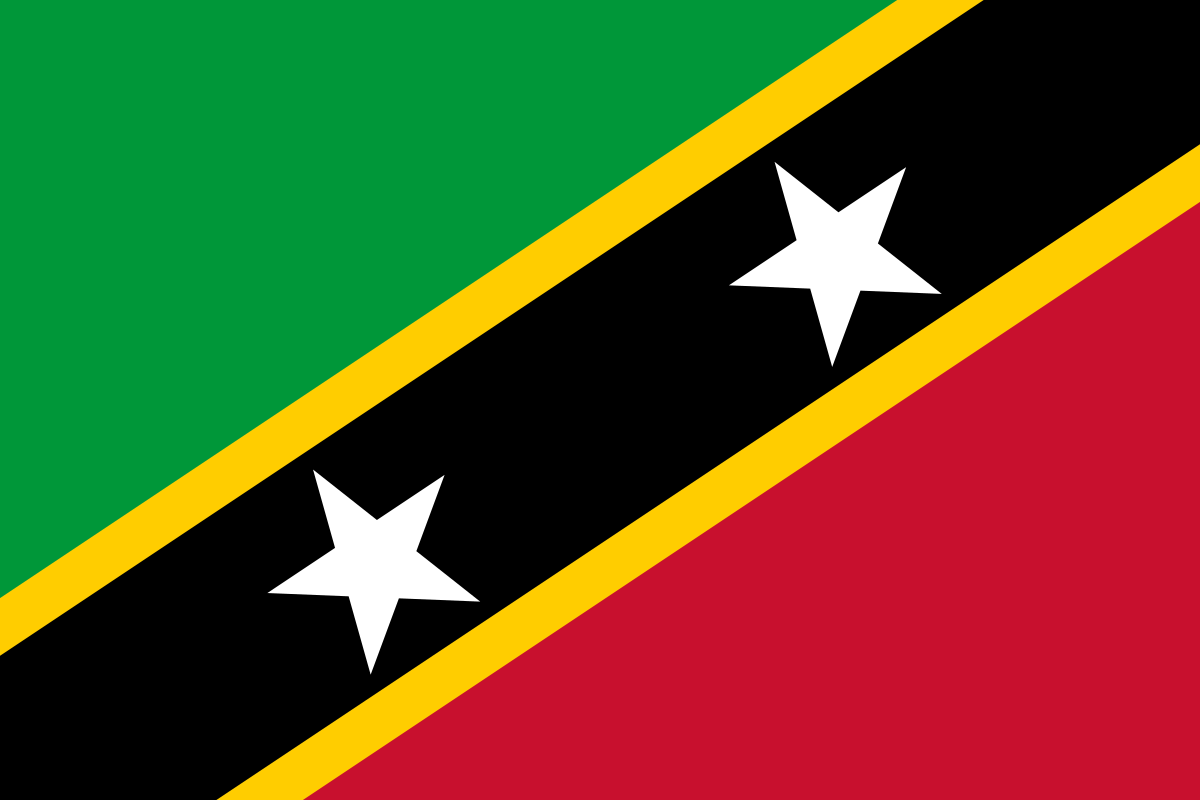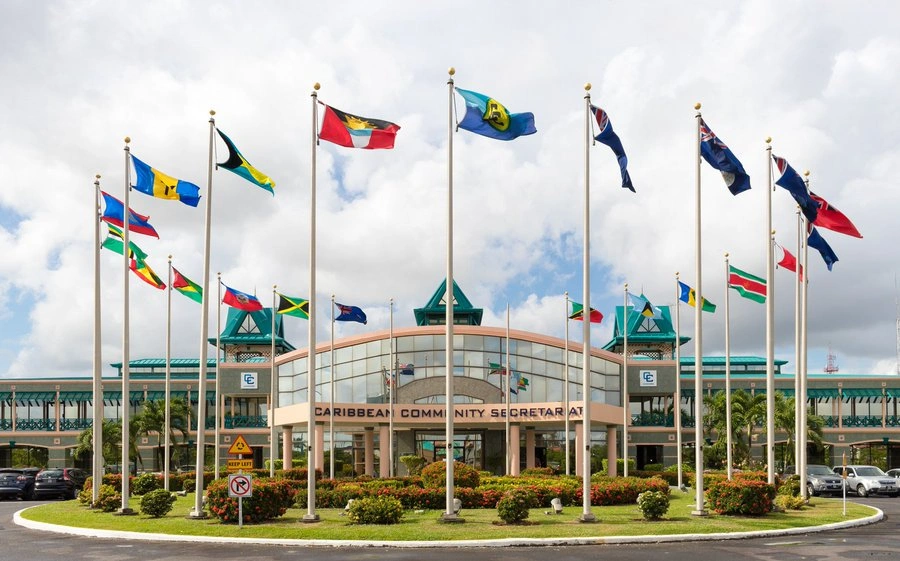Authorities in St. Kitts and Nevis are grappling with a harrowing discovery after at least 19 decomposed bodies were found aboard a drifting fishing vessel off the coast of Nevis. The unsettling find has sent shockwaves through the small Caribbean nation and raised urgent questions about the origins of the boat, the identities of the deceased, and the circumstances that led to their tragic deaths.
The St. Kitts and Nevis Coast Guard was alerted to the presence of the partially submerged vessel around 11:30 a.m. on Wednesday. Upon reaching the scene, officials discovered the boat, which was carrying the badly decomposed remains of multiple individuals. The vessel, described as a fishing boat not commonly seen in Caribbean waters, was towed to St. Kitts for further investigation by police, forensic experts, and medical personnel.
Police Commissioner James Sutton addressed the media on Thursday, revealing that preliminary assessments suggest the boat likely originated off the West African coast, thousands of miles away. This has prompted speculation that the vessel may have been adrift for weeks or even months, carried by ocean currents into Caribbean waters. The advanced state of decomposition of the bodies has made it challenging for authorities to determine the exact number of victims or their identities. Forensic teams are now working to extract DNA samples and other evidence that could shed light on who the individuals were and where they came from.
Commissioner Sutton emphasized that this is the first such incident in recent memory for St. Kitts and Nevis, a twin-island nation known for its tranquil beaches and vibrant tourism industry. The discovery has left the community in shock, with many residents expressing sorrow and disbelief.
The investigation is ongoing, with authorities working to piece together the vessel’s route and the possible origins of the deceased. Questions remain about whether the individuals were migrants attempting a perilous sea crossing, victims of human trafficking, or casualties of a maritime accident. The boat’s condition and the lack of identifying documents have added to the mystery, complicating efforts to determine what happened.
The incident has also drawn attention to the broader challenges of maritime surveillance in the Caribbean, a region that serves as a transit point for irregular migration and illicit activities. Experts have pointed to the need for enhanced regional cooperation and improved tracking systems to prevent similar tragedies in the future.
As the investigation unfolds, the discovery has sparked a somber reflection on the human toll of irregular migration and the dangers faced by those who embark on treacherous sea journeys in search of safety or better opportunities. Advocacy groups have called for increased international efforts to address the root causes of such journeys, including poverty, conflict, and lack of legal migration pathways.
For now, the people of St. Kitts and Nevis are left to mourn the lives lost and await answers. The haunting image of the drifting vessel serves as a stark reminder of the fragility of life and the urgent need for global action to prevent further loss at sea.
Authorities have assured the public that they are treating the matter with the utmost seriousness and will provide updates as more information becomes available. In the meantime, the nation has come together in a moment of collective grief, honoring the unknown victims whose lives were tragically lost in the vast and unforgiving ocean.



